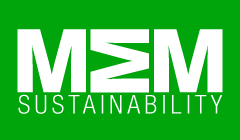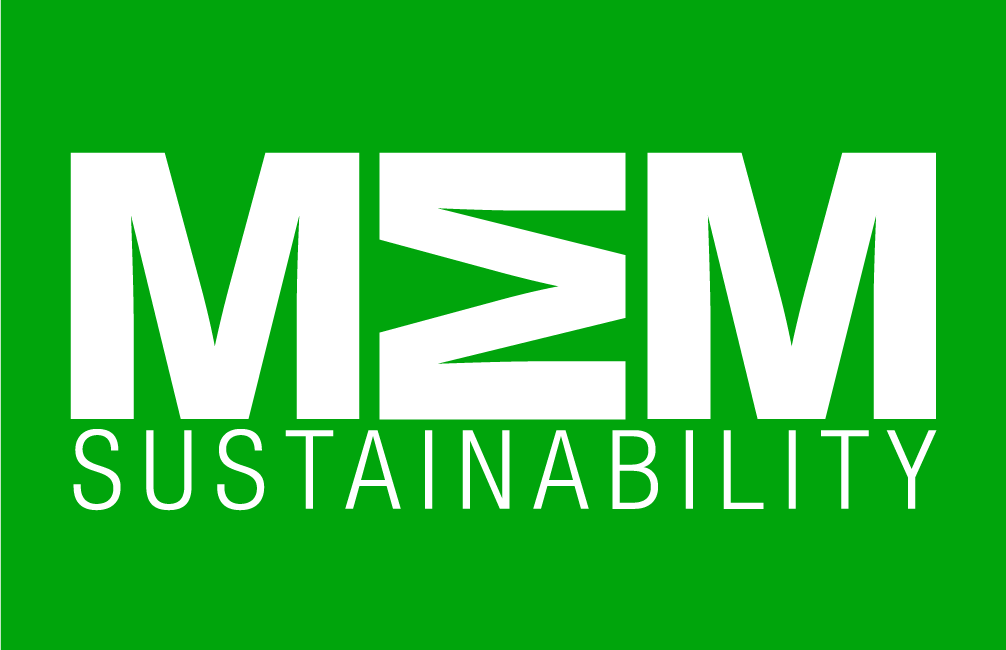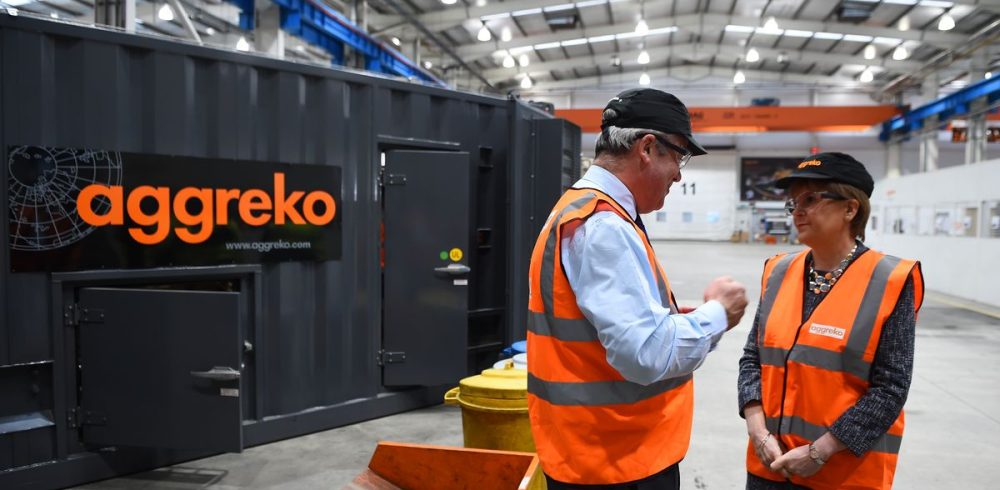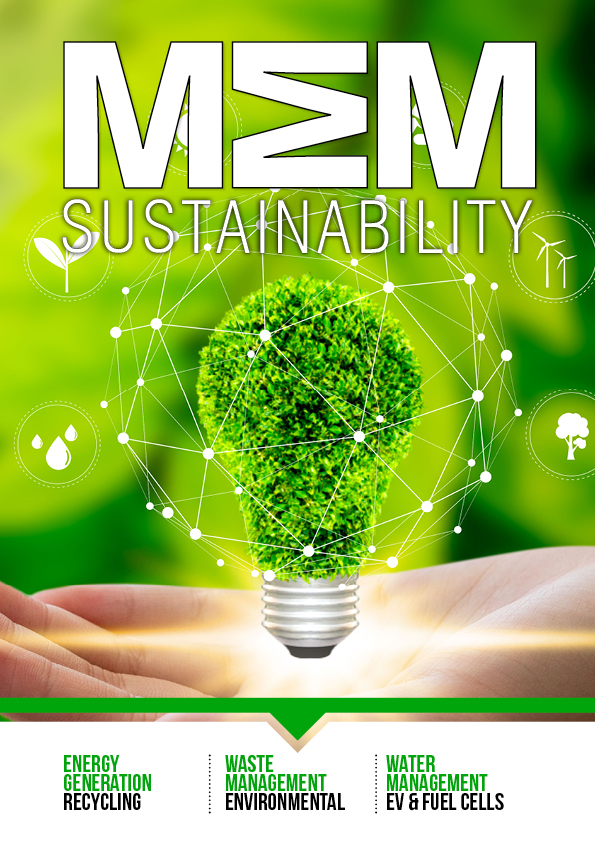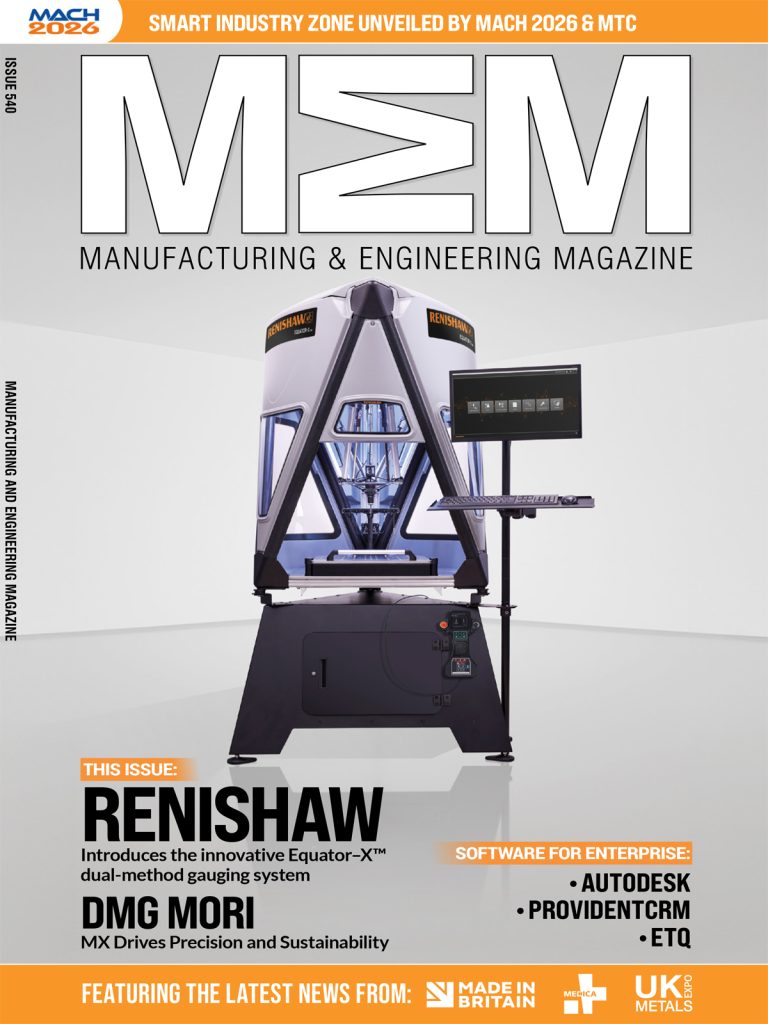As leading manufacturers across the UK receive government support to reduce energy costs and cut carbon emissions, an industry expert is highlighting how greener, decentralised energy models are key to deliver on net zero commitments.
This comes following recent government subsidies, under the Industrial Energy Transformation Fund (IETF), to support businesses to reduce fossil fuel consumption via low-carbon technologies. So far, £61.4m has been allocated with a total of £289m being made available up to 2027
The aim of this is to help manufacturers improve process efficiencies, and in turn support the UK’s wider ambition of reducing carbon emissions and moving towards greater energy independence. The importance of reducing energy usage through innovative technologies, is being highlighted by Chris Rason, Managing Director of Energy Services Aggreko.
He said: “The government’s new fund makes clear the need for investment in energy-efficient technologies to tackle the UK’s wider energy challenges. Targeted subsidies, however, will only do so much. If the UK is to achieve wider emissions targets, supply chains across the sector must be bolstered with greener equipment, while manufacturers should also explore new, more autonomous energy models.
“As delays to expanding the grids renewable capacity persist, decentralised solutions can support a comprehensive approach to improving efficiency and reducing emissions.”
Warning from the boss of energy watchdog, Ofgem, that delays in National Grid connections for renewable energy projects is threatening net zero ambitions, links to Chris’ latter point. In response to this, Aggreko is highlighting a revised approach to decentralisation as an effective means of avoiding grid uncertainty and transitioning to a more sustainable energy model.
The company’s recent £150million investment in its Greener Upgrades fleet, a portfolio of newer technologies aimed at delivering energy savings, further highlights their approach of supporting new energy models with greener technologies.
Chris concluded: “As manufacturers contend with grid instability and rising costs, it’s crucial to recognise that these issues are a double-edged sword in the energy transition. Decentralised solutions, centred around reducing emissions, energy instability and grid reliance, will ultimately give manufacturers the best chance of achieving a more secure and sustainable energy supply.”
Manufacturing & Engineering Magazine | The Home of Manufacturing Industry News
